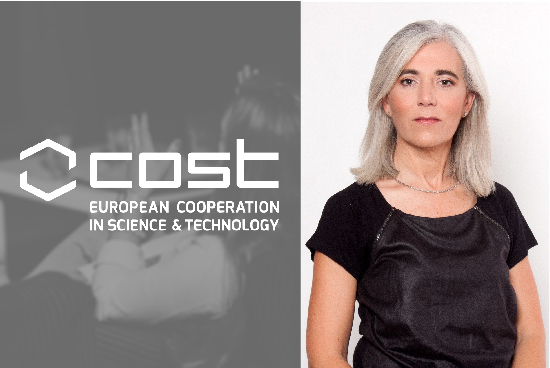
The European Cooperation in Science and Technology (COST) is a funding organisation for the creation of research networks, called COST Actions. These networks offer an open space for collaboration among scientists across Europe (and beyond) and thereby give impetus to research advancements and innovation.
Cristina Molina Rosell, Research Professor and Director of the Institute of Agrochemistry and Food Technology (IATA), has been appointed Vice President of CA18101 - SOURDOugh, a biotechnology network towards a new, healthier and more sustainable food and bioprocess.
Traditional sourdough bread resorts to spontaneous fermentations leading to natural selections of microorganisms, mainly yeasts and lactic acid bacteria. Such microorganisms are essentially beneficial to humans and, concomitantly, inhibits propagation of undesirable microbiota. Sourdough fermentation was probably one of the first microbial processes employed by Man for food production and preservation. Sourdough bread stills widely manufactured at farm level across Europe and worldwide and is highly appreciated by consumers for its distinct flavour, texture and healthy attributes.
Through a bottom-up approach, this COST Action network brings together a multidisciplinary group of scientists and SMEs/LEs dedicated for many decades to study cereals and sourdough technologies.
SOURDOMICS will exploit sourdough technology through entire value chain: from sustainable cereals’ production, through fermentation processes’ exploitation, to by-products’ valorisation in circular economy. In upstream, it aims at exploitation autochthonous (pseudo)cereals with good baking, nutritional and healthy attributes, while promoting a sustainable agriculture and preserving genetic diversity.
Simultaneously, aims at contributing to develop new business opportunities to local farmers through their engagement into food processing with shared small-scale breadmaking facilities, and the integration into industrial and trade chains. Such features are in agreement with European Agenda for Food and Environment. In downstream, the biotechnological sourdough fermentation exploitation comprises several objectives: design starter cultures with a wide range of biotechnological applications; production of healthy and tasty varieties of bread, thus catalysing changes in consumers’ diets and market orientations, production of high-added value metabolites resorting to sourdough microbiota, valorisation of by-products from cereal production and sourdough technologies.

